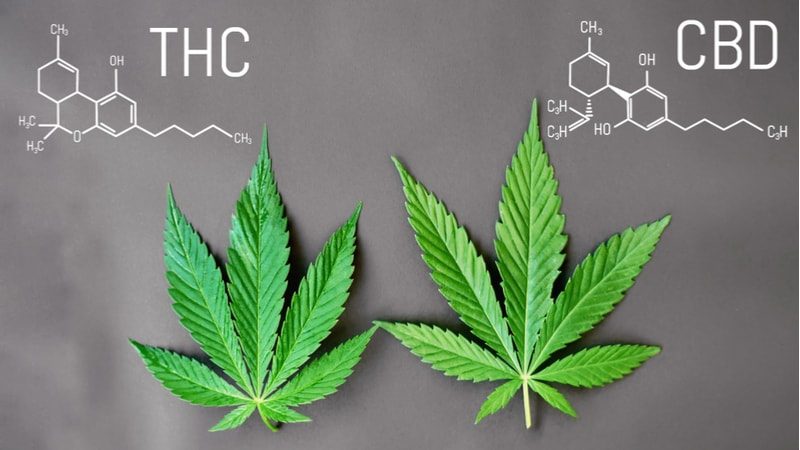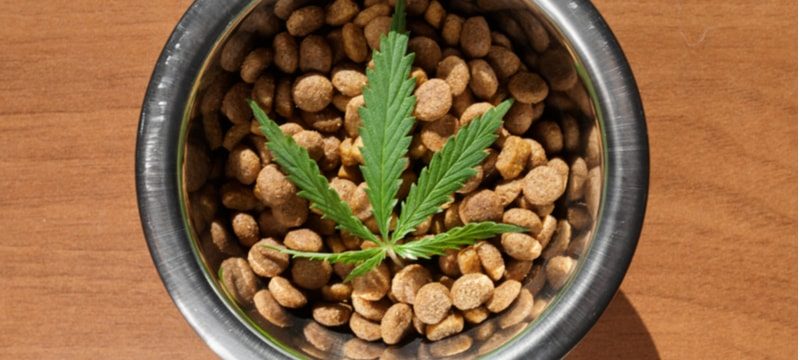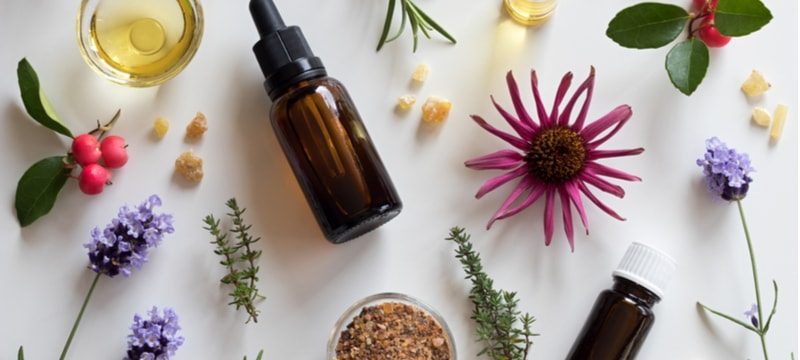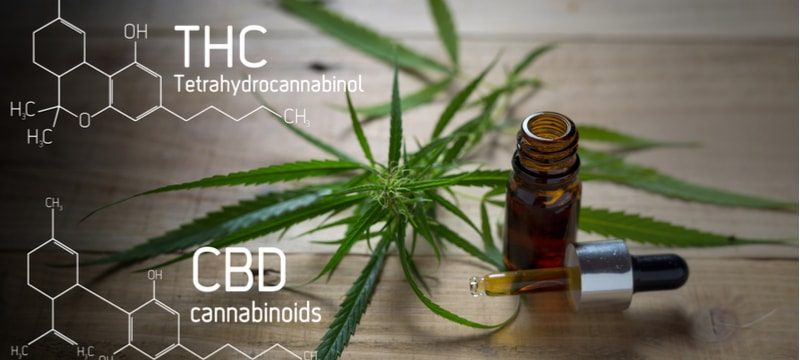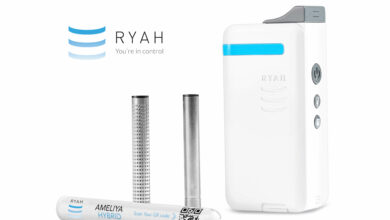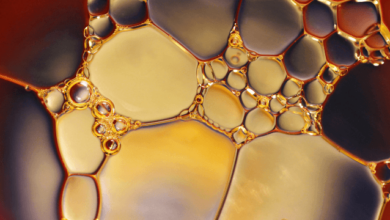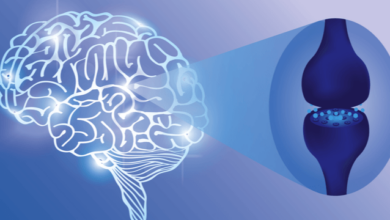
The past number of years have seen a crescendo of talk about CBD but what is CBD? How does it work? Does it work? Can I give it to my dog? These are the kinds of questions emanating from the public. Such is the volume of varied anecdotal experience among the general public, that there is also much scepticism about its perceived benefits.
Today we’re going to take a look at five of the biggest misconceptions about CBD we see cropping up now and then. Hopefully, this will shed some light on the topic and set your mind at ease. We hope it even gives you the push you need to go out and try some.
Table of Contents
1. No scientific backup of the effects of CBD
This is by far the most common misconception about CBD. If you ever bring up the subject of CBD around someone who doesn’t know what they’re talking about they’ll immediately point to the lack of proof. The reality is there is a list of benefits from peoples experiences.
But the plain truth is that, saying there is no proof of CBD’s effects on the body’s physiological processes is simply untrue. You only have to look at the website for the National Centre for Biotechnology Information (NCBI) to come across dozens of articles on the effects CBD can on the body.
“In contrast to THC, it is non-intoxicating, but exerts a number of beneficial pharmacological effects. For instance, it is anxiolytic, anti-inflammatory, antiemetic, and antipsychotic. Moreover, neuroprotective properties have been shown. Consequently, it could be used at high doses for the treatment of a variety of conditions ranging in psychiatric disorders such as schizophrenia and dementia, as well as diabetes and nausea. At lower doses, it has physiological effects that promote and maintain health, including antioxidative, anti-inflammatory, and neuroprotection effects. For instance, CBD is more effective than vitamin C and E as a neuroprotective antioxidant and can ameliorate skin conditions such as acne.”
As you can see there is precedence for a much wider field of study into what exactly CBD can do for patients.
2. CBD is a scam or a fad
A cursory glance at social media shows that the health and wellness industry is on the up. CBD, with the litany of potential health benefits attached to it, fits right into this zeitgeist.
However, with its meteoric rise in popularity, it’s no wonder that there are many people looking to make a quick buck with CBD. Unfortunately, this has done little to promote the potentially life-changing effects of the substance.
You can see people saying that CBD can be put into basically anything. Not just oils, serums, and tinctures, but also in make-up and even pet food. The fact is that there are people out there selling things that are not up to snuff on the CBD market.
But there’s also people selling faulty electrical goods too, but you’re not going to go home and throw out your toaster and coffee machine when you get home because of that. ‘Buyer beware’ still holds true, and it’s important to stay savvy when buying any products you might be unsure about.
3. If it CBD doesn’t work for me, it doesn’t work for anyone
Now on the surface of it that’s an open and shut case, right? I mean, if you have a headache and you take a brand of painkiller you expect it to work, for your headache to go away, right? So if you meet someone and they say that a particular kind of aspirin doesn’t work then you’d stop using that brand. Makes sense. But unfortunately, this kind of logic doesn’t really apply to CBD.
CBD is still in the early stages of being understood as a viable medicine. There are many factors to consider with CBD, did you buy it from a reputable source? What way are you ingesting it? This second one is particularly important as bioavailability can be a key issue. Bioavailability essentially means, how fast can it get into your bloodstream and take effect.
Taking CBD via tinctures or topical treatments all have different levels of efficacy depending on the person or dog. Your own metabolism and biochemistry and genetics play a vital role in CBD interacting with your endocannabinoid system.
RELATED: Who are the top 10 CBD companies?
The only way to really know is to try it for yourself. Make sure to buy your CBD from a reputable source, check that it’s legitimate and experiment with dosages. Starting low and move incrementally higher is the general golden rule. However, even taking too much CBD is likely only to result in feeling a bit iffy in your stomach. Nothing serious to worry about.
4. THC bad, CBD good compared
There’s a widespread myth, popularized by the War on Drugs, that THC (tetrahydrocannabinol) is the devil. THC is the oft misunderstood psychoactive ingredient from the cannabis Sativa plant. Most people think that the only thing THC can do is provide euphoric highs and little to no medical benefit. They believe that CBD and only CBD is where the benefits come from. However, this is just not true.
In fact, CBD and THC work best when they work together. The two cannabinoids actually complement each other to create anxiolytic and sedative effects by working together. Talk to most CBD manufacturers and they’ll tell you that some of their most potent strains come when there is a health percentage of THC present.
5. All CBD is the same
Like we mentioned in the third point on this list, the mileage can really vary from person-to-person when it comes to CBD. Added to that the kinds of CBD available on the market can largely vary. We’re in the Gold Rush era of CBD and with all those hopeful, honest prospectors come the hucksters looking to make a quick buck. Don’t be taken in by the flashing lights and neon signs, do your research, read reviews, check Reddit, and make sure you’re always getting a quality CBD product. Not all CBD is created equal.

